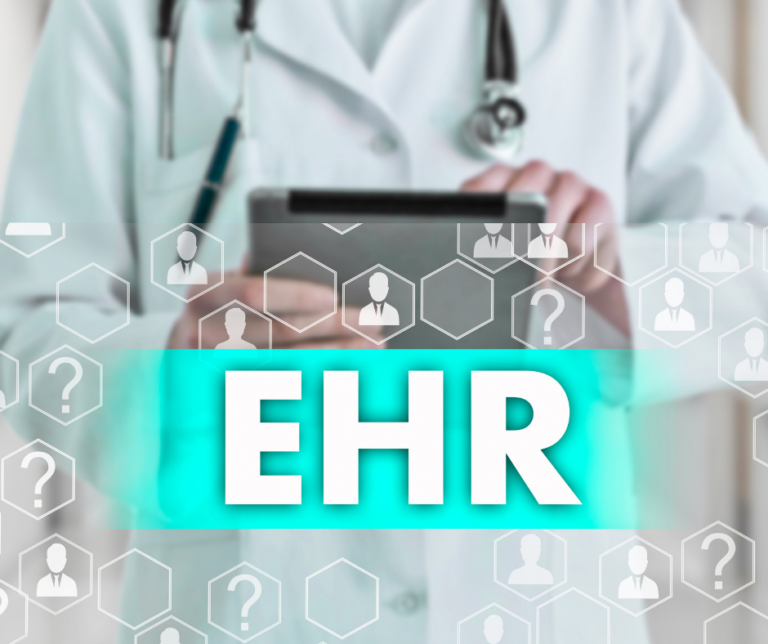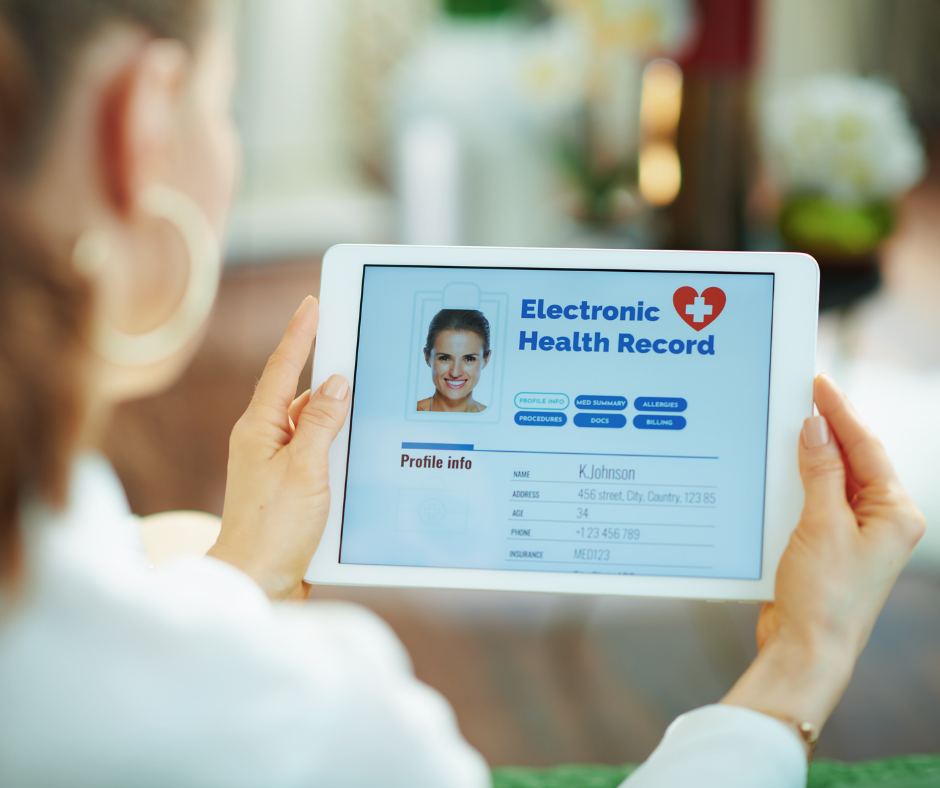With the world going through a digital revolution, the healthcare sector has also embraced this with open arms. In a bid to improve customer service and overall efficiency in document management, many hospitals, clinics, and even stand-alone physician offices have begun the move to digital documents. Traditional medical documents that were paper-based such as medical charts, medical history forms, prescriptions, and tests are now available in an EHR.
An EHR or electronic health record is a digitized file for each patient identified by a unique code or field. This electronic health record is managed by a software and database by the hospital or healthcare provider. Everything has been moved here in this single digital file for accuracy, convenience, brevity, and accountability as well. With the government pushing the move to EHR, hospitals and other healthcare providers have adopted EHR. With prolonged usage, they are also seeing tangible benefits for doctors, nurses, and other frontline workers. Patients have also reported satisfaction over the change.
So, how has EHR made a difference in the healthcare sector? Let us take a quick walkthrough.
EHR Benefits

When hospitals used paper medical charts, document management was a personal skill rather than a standardized system. EHRs have made document management, patient care, and records management a standardized state of affairs. Some of the marked benefits of EHR over paper medical records are :
- EHR has helped consolidate patient data to be available to doctors and nurses better than it was possible in the paper format. You can now have all of the data (medical history, previous visits, surgery details, allergies, test results, and prescriptions) under a single file. It makes the job easier and more efficient.
- EHR forms also make document transcription easier. Hospitals can work with software providers to custom-make the EHR forms for the doctors as per standard practice. Since EHR has all of the fields set already, the chance of missing details is considerably less.
- It is easier for hospitals with functioning EHR systems to integrate into patient portals so that patients can check their medical records.
- EHR also brings accountability and efficiency to a hospital record management system. Due to digital presence, no hospital has to fear losing records. Even in case of errors or willful mistakes, it becomes easier to track, rectify, and prevent going forward.
- EHR makes it easier for different departments to access patient information right from testing to the pharmacy to outpatient care. This brings down the possibility of error or misdiagnosis.
EHR and Malpractice Claims

Just like the healthcare world took a turn when EHR got introduced into mainstream service, the way malpractice claims were handled also changed. As new things take time to adjust, physicians and patients also had a hard time with EHR in the beginning.
As EHR consists of pre-produced forms, it is possible that some information conveyed by the patient to the doctor did not get recorded, hence, it becomes hard to provide that the information was passed out. Similarly, inputs given by consulting doctors and nurses could also be missed out due to the rigid form of EHR.
However, EHR enabled patient portals and easy access to medical documents for patients. It also enabled legal firms to handle malpractice cases to request and obtain documents faster than before. As EHR is fairly detailed with technical data, this could be easily summarized by a medical summary firm like The Medsum for easy understanding.
EHR has helped change the face and improve the quality of healthcare across the country.
Are you looking for a medical summary firm to review, summarize, and analyze medical documents of a legal case? Call us today for a quote!

